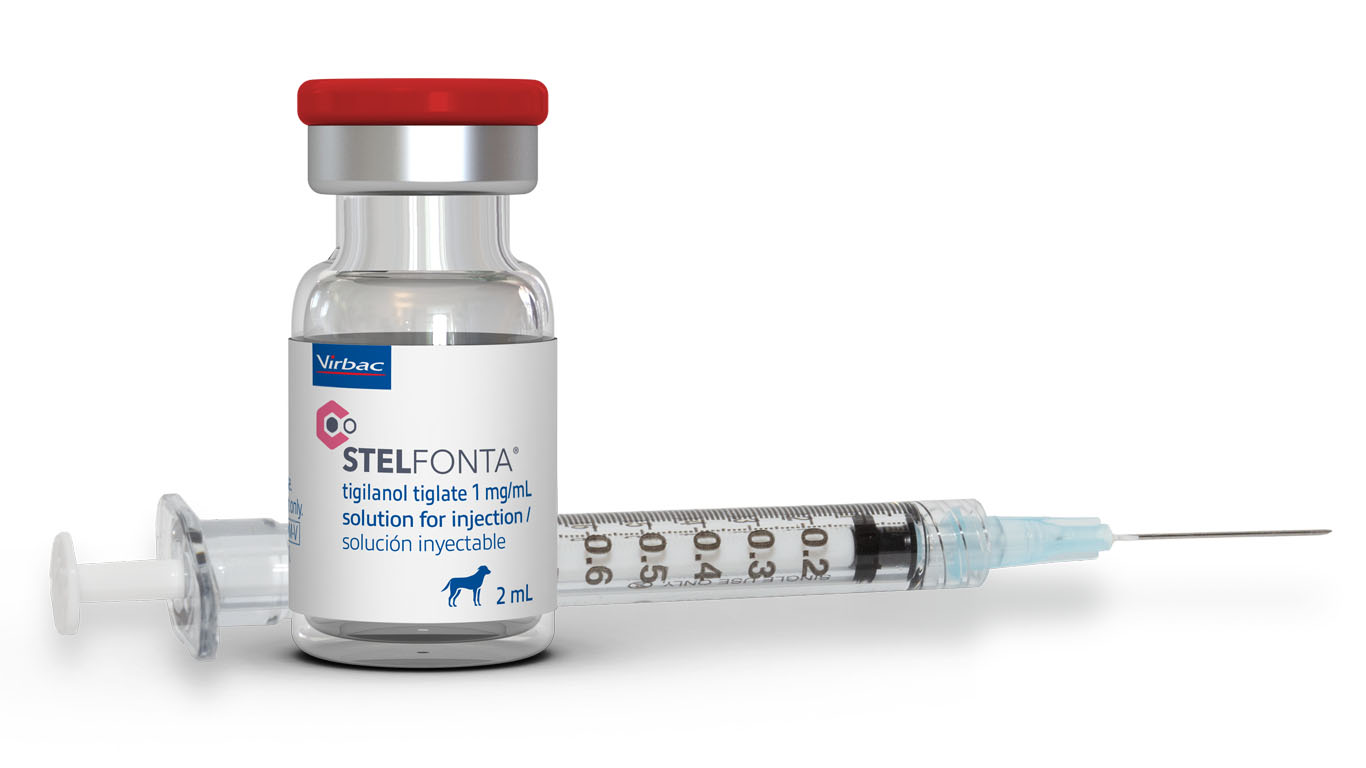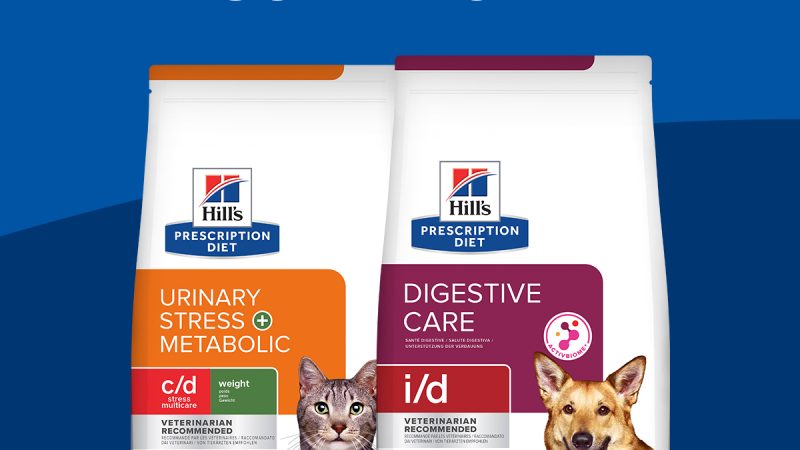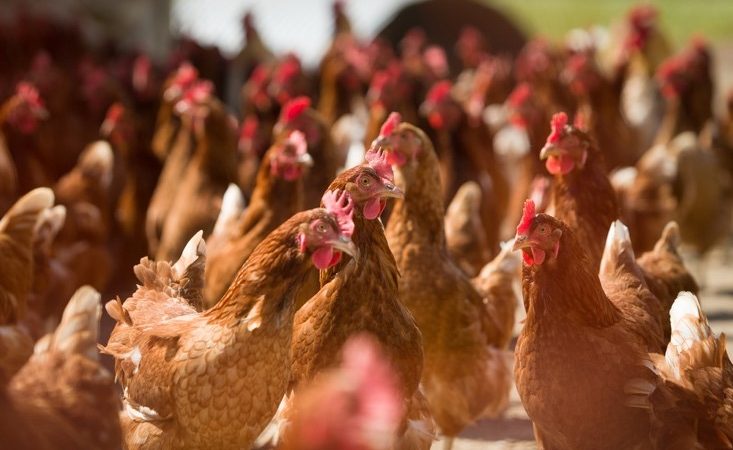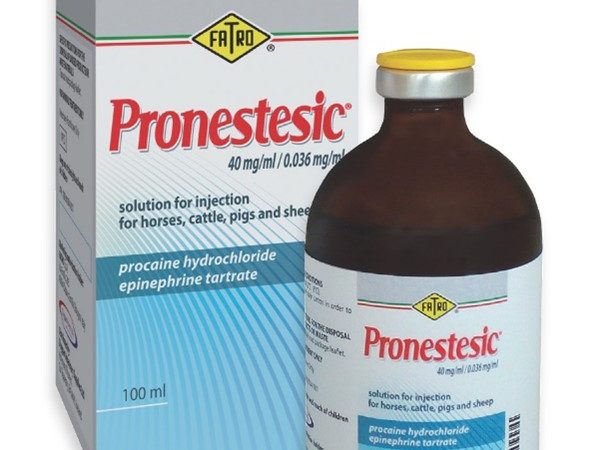Virbac unveils revolutionary new treatment for MCTs

Virbac has announced the launch of a breakthrough injectable solution designed to treat mastocytoma in dogs.
Stelfonta is licensed for the treatment of non-resectable, non-metastatic (WHO staging) subcutaneous MCTs located at or distal to the elbow or the hock, and non-resectable, non-metastatic cutaneous MCTs in dogs. Tumours must be less than or equal to 8cm³ in volume and must be accessible to intratumoural injection.
This revolutionary new drug contains tigilanol tiglate, a compound extracted from the seed of a shrub found in the rainforest of North Queensland, Australia: Fontainea picrosperma. It’s a targeted intratumoural treatment that does not require long-term drug treatment or general anaesthesia. For both the animal and its owner, it’s a pathway to preserving a better quality of life, particularly since a single treatment is sufficient to destroy the tumour completely in 75 per cent of observed cases.
Mast cell tumours are the most common form of skin cancer in dogs, accounting for up to 21 per cent of skin cancer cases. Until now, surgical removal of the tumour has been the standard of care, but surgery can pose challenges for the veterinary surgeon, such as the accessibility of the tumour in order to obtain sufficient margins and anaesthetic risks, particularly in senior and brachycephalic pets.
‘Stelfonta is an innovative yet simple treatment which provides a high tumour elimination rate, rapid healing and a speedy return to a good quality of life for the pet,’ says Dr Neil Mottram, technical product manager at Virbac. ‘In the cases studied, the tumour was destroyed in seven days and full wound healing observed in 96.5 per cent of cases, with no significant adverse effects on the dog.’
Stelfonta is administered by injection directly into the tumour mass and generally, dogs do not require sedation or local or general anaesthesia during treatment. Tigilanol tiglate works largely through specific protein kinase c (PKC) activation, in which it locally stimulates the immune system, resulting in destruction of the tumour and the tumour’s blood supply followed by rapid healing of the site with minimal scarring.
‘Cancer is the leading cause of death in dogs with as many as one-in-four developing cancer at some point in their lives,’ says says Virbac’s Andrew Connolly. ‘We are therefore delighted to be able to bring such a significant advancement in veterinary oncology to the market. It’s our hope that Stelfonta will significantly improve both the clinical outcome and quality of life for pets fighting this disease” he adds.
For more information, please speak to your Virbac territory manager or visit vet-uk.virbac.com/stelfonta







